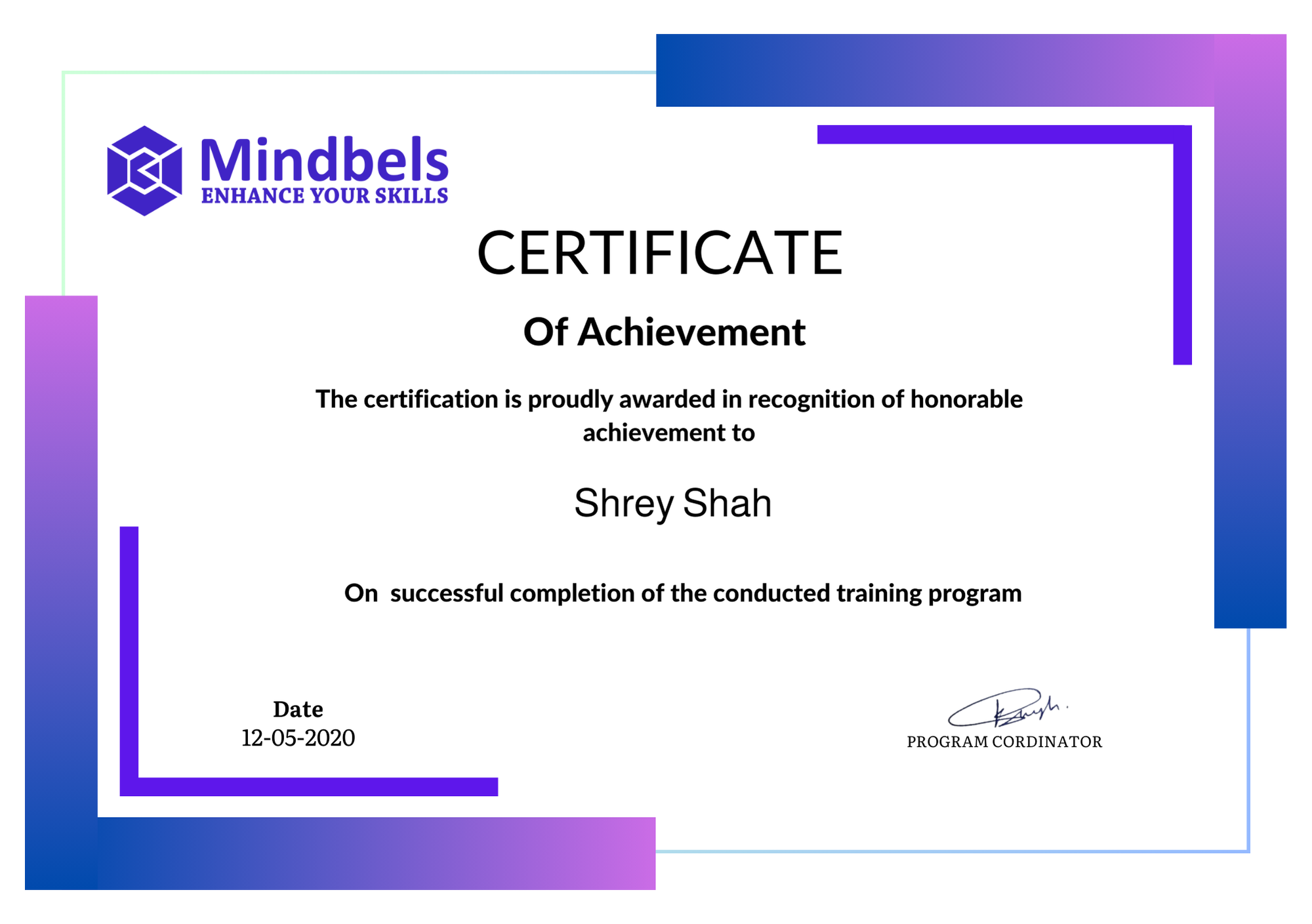Course Description
The Certified Cloud Security Professional (CCSP) course is an advanced-level certification program designed to provide IT professionals with the skills and knowledge needed to effectively secure cloud environments. This course, developed by (ISC)², covers the essential cloud security concepts and practices, preparing participants to tackle real-world cloud security challenges and ensuring that they are capable of managing cloud security architectures, operations, and service orchestration.
What you'll learn in this course?
- Comprehend fundamental cloud computing concepts, architecture, and design principles for secure cloud computing.
- Understand and apply cloud data lifecycle processes, including data storage architectures, security strategies, and protection of personally identifiable information (PII).
- Analyze and manage risks associated with cloud infrastructure and design appropriate security controls for safeguarding.
- Plan and implement disaster recovery and business continuity strategies specific to cloud-based environments.
- Recognize the importance of training and awareness in cloud application security and apply secure software development life-cycle (SDLC) practices.
- Develop vendor management skills and design outsourcing and cloud contracts effectively, aligning with enterprise risk management.
Prerequisites
- Basic understanding of information security fundamentals, such as the concepts of confidentiality, integrity, and availability.
- Familiarity with IT governance and risk management practices.
- Knowledge of common information security technologies and methods of protection.
- Experience with IT operations, including change management, access controls, and disaster recovery.
- Awareness of cloud computing concepts and deployment models (IaaS, PaaS, SaaS).
- Understanding of basic networking principles, including network architecture and design.
- Some exposure to legal and regulatory compliance standards related to data privacy and protection.
- Ideally, possess one of the following: (ISC)² CISSP certification, relevant work experience in IT or information security (minimum of five years recommended), or a strong interest in cloud security.
Course Curriculum
Understand Cloud Computing Concepts
Describe Cloud Reference Architecture
Understand Security Concepts Relevant to Cloud Computing
Understand Design Principles of Secure Cloud Computing
Identify Trusted Cloud Services
Understand Cloud Data Lifecycle
Design and Implement Cloud Data Storage Architectures
Design and Apply Data Security Strategies
Understand and Implement Data Discovery and Classification Technologies
Design and Implement Relevant Jurisdictional Data Protections for Personally Identifiable Information (PII)
Design and Implement Data Rights Management
Plan and Implement Data Retention, Deletion, and Archiving Policies
Design and Implement Auditability, Traceability and Accountability of Data Events
Comprehend Cloud Infrastructure Components
Analyze Risks Associated to Cloud Infrastructure
Design and Plan Security Controls
Plan Disaster Recovery and Business Continuity Management
Recognize the need for Training and Awareness in Application Security
Understand Cloud Software Assurance and Validation
Use Verified Secure Software
Comprehend the Software Development Life-Cycle (SDLC) Process
Apply the Secure Software Development Life-Cycle
Comprehend the Specifics of Cloud Application Architecture
Design Appropriate Identity and Access Management (IAM) Solutions
Support the Planning Process for the Data Center Design
Implement and Build Physical Infrastructure for Cloud Environment
Run Physical Infrastructure for Cloud Environment
Manage Physical Infrastructure for Cloud Environment
Build Logical Infrastructure for Cloud Environment
Run Logical Infrastructure for Cloud Environment
Manage Logical Infrastructure for Cloud Environment
Ensure Compliance with Regulations and Controls (e.g., ITIL, ISO/IEC 20000-1)
Conduct Risk Assessment to Logical and Physical Infrastructure
Understand the Collection, Acquisition and Preservation of Digital Evidence
Manage Communication with Relevant Parties
Understand Legal Requirements and Unique Risks within the Cloud Environment
Understand Privacy Issues, Including Jurisdictional Variation
Understand Audit Process, Methodologies, and Required Adaption's for a Cloud Environment
Understand Implications of Cloud to Enterprise Risk Management
Understand Outsourcing and Cloud Contract Design
Execute Vendor Management



